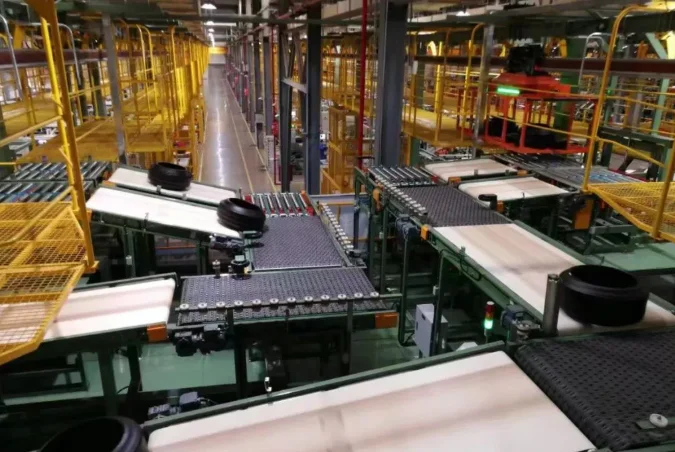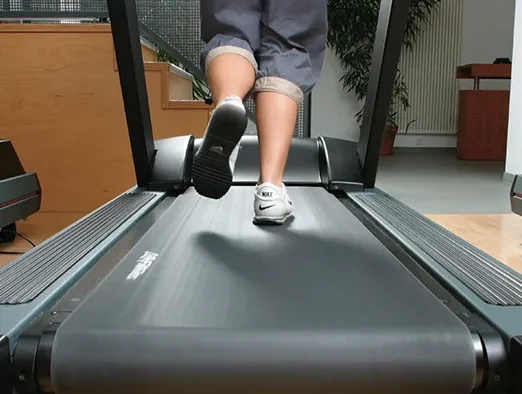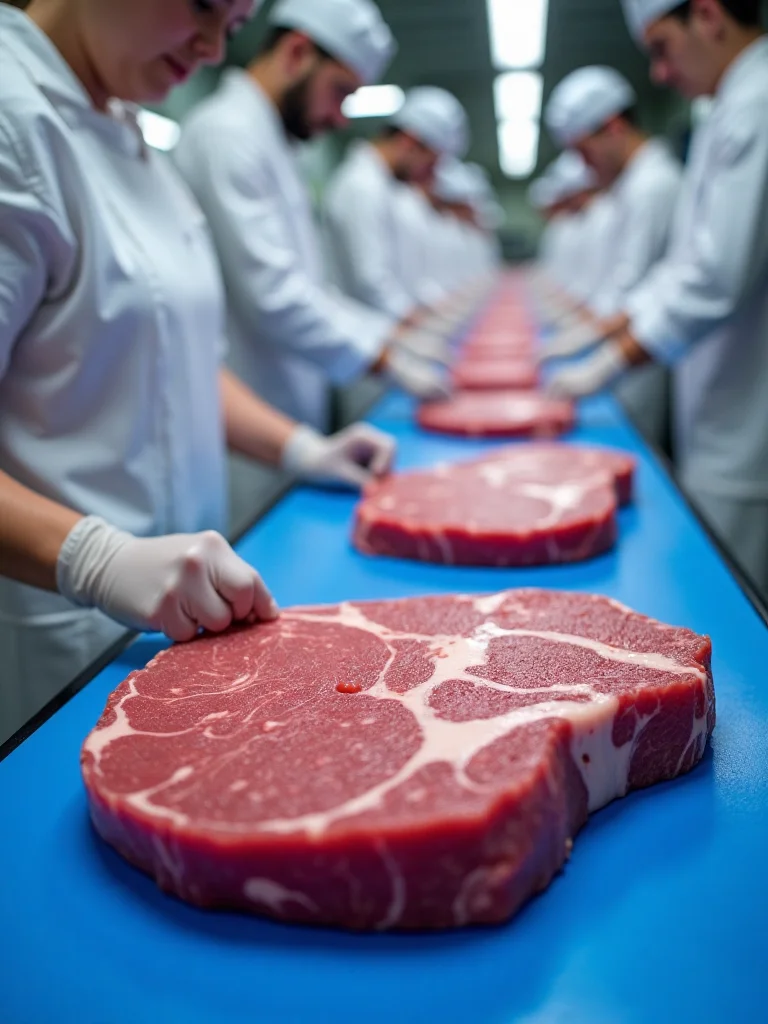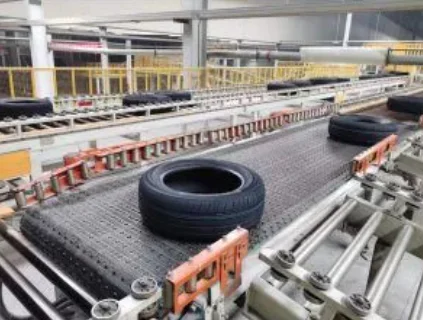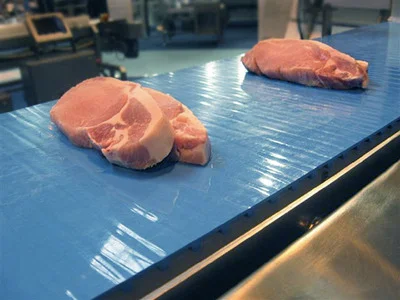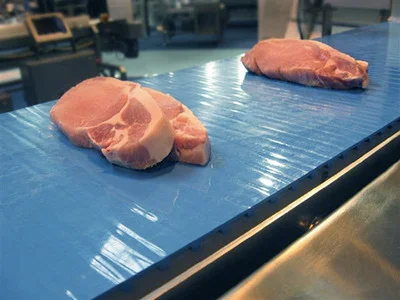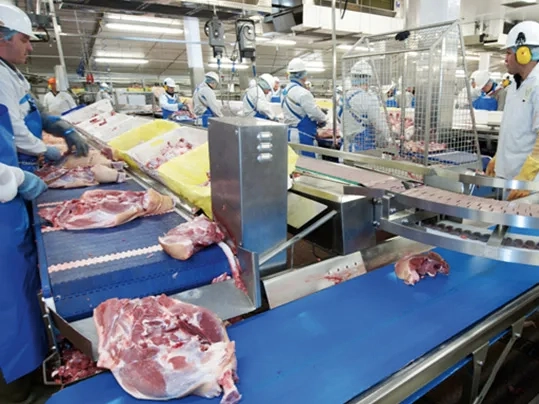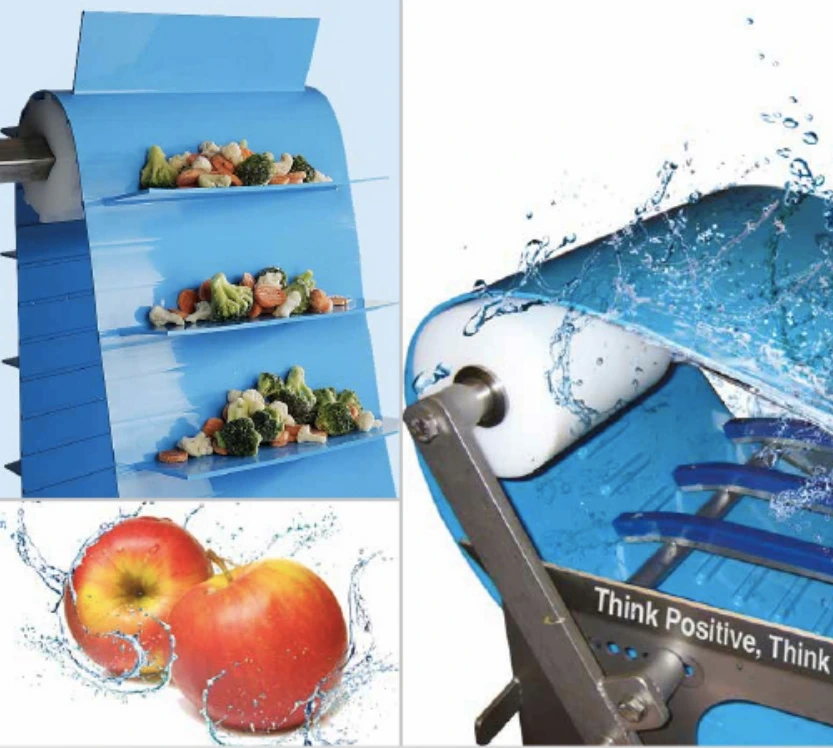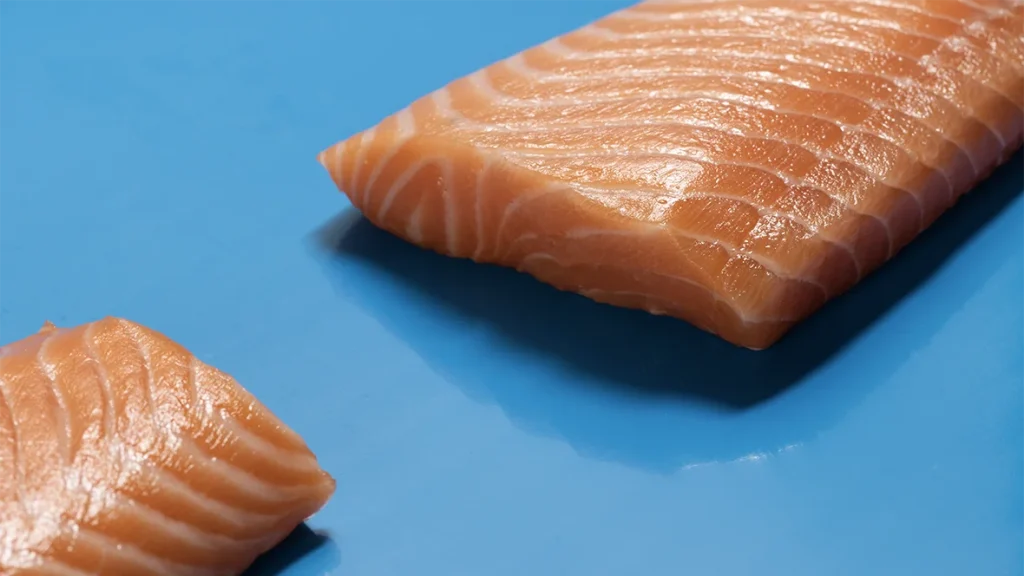
What Is a Homogeneous Conveyor Belt?
A homogeneous belt, also known as an easy-to-clean or monolithic belt, is made from one solid piece of thermoplastic. This can be TPU (thermoplastic polyurethane) or TPE (thermoplastic elastomer). Since it has no fabric inside and no seams, it’s much easier to keep clean. That’s why these belts are often used in food plants.
Uyang Belting hace que estos cinturones para uso de alta higiene. Sus cinturones están construidos con material de calidad, superficies lisas y vienen con certificados de seguridad alimentaria de lugares como la FDA y la UE.
Things to Look for When Choosing a Belt
Hygiene and Food Safety
This is the number one reason to choose a homogeneous belt. In meat and seafood factories, even a small spot of bacteria can cause problems. Uyang Belting’s belts help solve this by:
- Having no seams or cloth inside
- Preventing water or blood from soaking in
- Cumplir con las normas de contacto con alimentos de la FDA, la UE, HACCP y el USDA
- Offering sealed edges that stop anything from leaking inside
- These features help companies follow food safety rules and avoid contamination.
Manejo de áreas calientes, frías y húmedas
In meat and seafood jobs, belts go from freezers to hot cleaning zones. You need a belt that can take it.
- Cold to Hot: Uyang Belting belts work in freezing conditions down to –35°C and hot cleaning up to 80°C.
- Oil and Water: These belts don’t soak up moisture or fat.
- Cleaning Chemicals: The material doesn’t get damaged by soap or bleach.
So, even after many cleanings, the belt stays in good shape.
Strength and Performance
En las líneas de procesamiento, los cinturones enfrentan cuchillos afilados, cargas pesadas y movimiento sin parar. Uyang Belting diseña sus cinturones para manejar todo lo siguiente:
- They don’t tear easily, even around bones or tools.
- They track straight and need less fixing.
- Some models have textured surfaces so products don’t slip.
If you want fewer delays and longer belt life, strength matters.
Easy to Wash and Keep Clean
Every minute spent cleaning is time lost on production. Homogeneous belts are built to clean up fast:
- Las superficies lisas no atrapan los alimentos.
- Dirt and grease come off with water and mild soap.
- No layers means nothing to peel or break.
Esto ayuda a ahorrar tiempo, agua y costos laborales.
Formas, tamaños y opciones especiales
Every plant is different. That’s why Uyang Belting offers many ways to make their belts fit your system.
- Cinturones planos, guías en V y cinturones de accionamiento positivos están disponibles.
- You can add cleats, slots, or sealed sides.
The belts can be made in different colors—blue is popular to help spot food pieces or damage.
Belt Joint Types
Los cinturones pueden romperse si no están unidos correctamente. Uyang utiliza soldadura en caliente para conectar los extremos. Esto mantiene el cinturón liso, fuerte y fácil de limpiar. No hay grietas donde la suciedad o los gérmenes pueden esconderse.
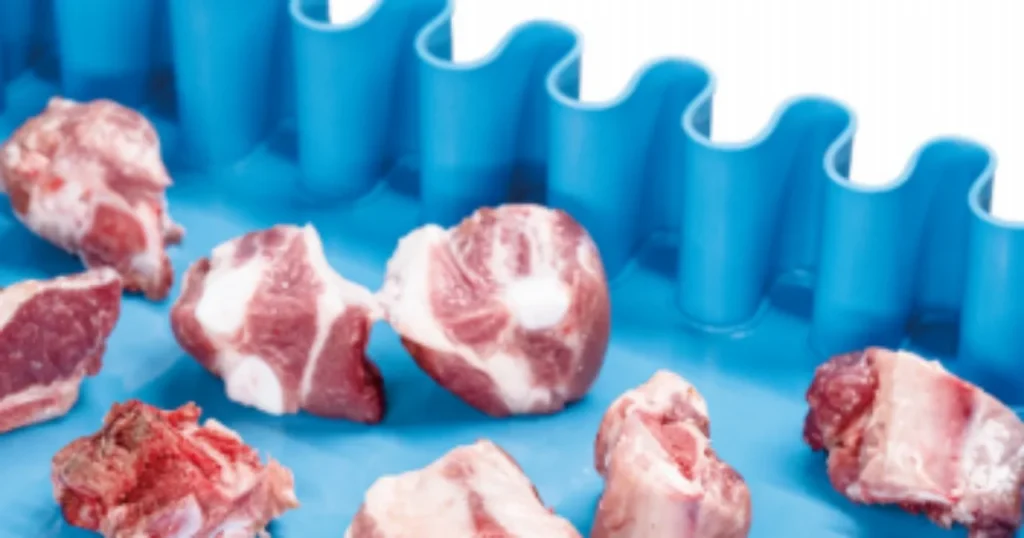
Homogeneous vs. Regular Belts
Let’s compare these belts with the old-style ones like PVC or PU:
| Característica | Traditional Belts | Cinturones homogéneos |
| Layers | Cloth + Coating | One-piece plastic |
| Hygiene | Medio | High |
| Water Resistance | Soaks in liquids | Doesn’t absorb |
| Cleaning | Hard to sanitize | Quick and simple |
| Strength | Can peel or fray | Strong and flexible |
| Cost | Lower at first | Saves more over time |
Los cinturones homogéneos de Uyang Belting cuestan más al principio. Pero duran más, necesitan menos reparaciones y ayudan a mantener su planta más limpia.
Where These Belts Are Used
Meat Processing
In meat factories, belts carry raw meat from one station to another.
- For cutting: Strong belts handle knives and bones.
- For sorting: Anti-slip textures help keep meat in place.
- Para pesar: las superficies lisas facilitan la limpieza entre lotes.
Procesamiento de mariscos
Los mariscos pueden ser resbaladizos y grasos, y deben mantenerse frescos.
- For skinning and cleaning: Belts are easy to wash even after sticky fish juice.
- For freezing: They don’t crack in low temperatures.
- For packing: No water gets inside the belt.
Uyang Belting’s belts are ready for any of these tasks.
Tips to Make the Right Choice
Here are a few tips when you’re picking a belt:
- Think about cleaning: Will you wash the belt often? Use a seamless one.
- Check your rules: Make sure the belt meets food safety laws.
- Match the surface: Smooth is better for fish. Rough textures help hold meat.
- Mind the weather: Choose a belt that works in both cold and hot rooms.
- Planificar con antelación: Gastar más ahora puede ahorrar en limpieza futura, tiempo de inactividad y reparaciones.
Installation and Maintenance
Here’s how to keep your belt working well:
- Weld the ends with heat. Don’t use clips.
- Adjust the tension so it doesn’t slip.
- Clean after every shift. Use soft soaps and warm water.
- Deep clean every week with steam or safe chemicals.
Uyang Belting also gives manuals and tech help. Their team is ready to support your factory, no matter where you are.
Why Choose Uyang Belting?
Uyang Belting ha estado haciendo cinturones durante más de 20 años. Son conocidos por la calidad, la entrega rápida y el buen servicio.
- Their belts are made with safe materials.
- They can customize belts for any machine or product.
- Their belts are sold in over 50 countries.
También proporcionan muestras gratuitas, plazos de entrega cortos y soporte completo antes y después de la venta.
Conclusión
En las plantas de carne y mariscos, el cinturón que elijas realmente importa. Un buen cinturón homogéneo facilita tu trabajo. Mantiene los alimentos seguros, ahorra tiempo en la limpieza y dura más que los estilos de cinturón más antiguos. Ofertas de Uyang Belting top-notch belts you can count on.
Preguntas frecuentes
Q1: Are Uyang Belting’s belts safe for raw seafood?
A1: Sí. Sus cinturones cumplen con las normas de la FDA y la UE, y resisten el agua, el aceite y los gérmenes.
Q2: What size or thickness should I choose?
A2: For meat, 3–4mm works well. For lighter jobs like baked items, 2mm is enough.
Q3: Can I order a belt with special patterns or colors?
A3: Yes! Uyang Belting can make belts with different textures, colors like blue, and even holes or cleats.

